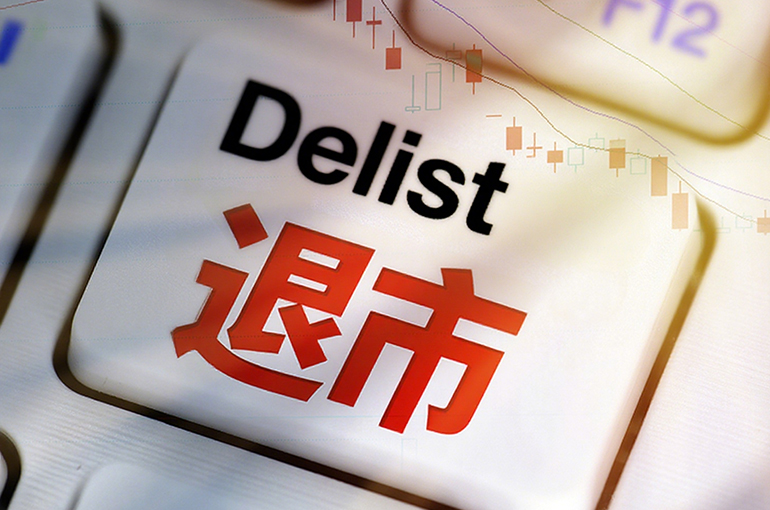Select Language:
More companies are being delisted from China’s mainland stock exchanges, indicating a strengthening of the country’s stock market, according to an associate professor at a major university specializing in finance.
Delisting is increasingly becoming a common practice across China’s markets, reflecting improvements in the market’s “survival of the fittest” mechanism. This shift is expected to elevate the overall quality of publicly traded companies.
As of yesterday, 312 firms had been removed from China’s three main stock exchanges. Of these, 186—approximately 60 percent—were delisted after 2021, with 52 last year and 23 so far this year, including 10 within the past month.
One notable case is Jinzhou Port, which was delisted from the Shanghai Stock Exchange on July 25 after regulators found that it had falsified its annual financial reports for several years, including inflating profits.
Similarly, Qingdao Zhongzi Zhongcheng Group, a power equipment manufacturer, and Hubei Geoway Investment, an internet marketing service provider, were delisted on July 21 from the Shenzhen and Shanghai exchanges, respectively, due to worsening financial conditions that couldn’t be remedied.
Both Zhongzi Zhongcheng and Geoway Investment had negative net assets at the end of 2023 and had warnings about potential delisting issued to them last year. They were compelled to exit the market last month after failing to improve their financial health.
Nearly 100 companies listed in China have received regulatory warnings about potential delisting this year, most of which stem from poor financial performance. Many are operating at a loss and generating revenue below CNY 300 million (approximately USD 41.8 million), which are key red flags for delisting.
In addition, firms such as Shenzhen Suntang High-Tech, an information service provider, and Jiangsu Wuzhong Pharmaceutical Development, a pharmaceutical manufacturer, are facing risks of forced delisting due to significant legal violations.






